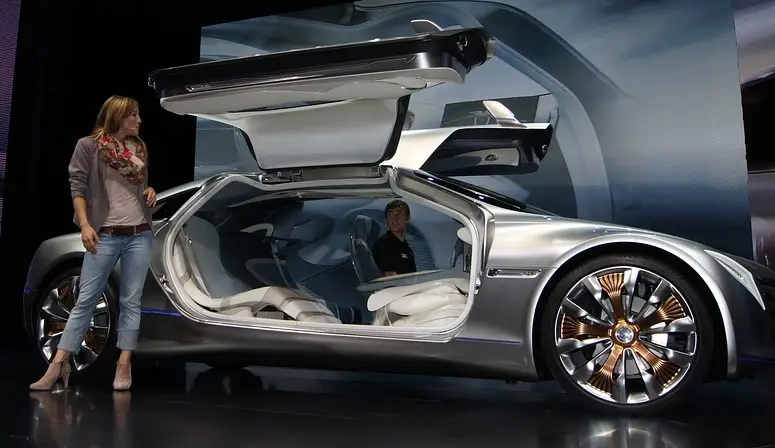Rising lithium prices are the latest challenge to face the electric vehicle industry.
Lithium carbonate has just risen to a new high price of 500,500 yuan, or $71,315, per ton in China, according to new data from Asian Metal Inc. Lithium is a key high capacity battery technology used in everything from laptops to phones to electric vehicles.
Prices for the metal have tripled in China over the past year, adding to the overhead costs of electric vehicle manufacturers, just as the are trying to reduce prices to qualify for key government subsidies. Automakers across the board, from industry-leader Tesla to Rivian and Ford have all had to raise their prices.
Prices for the rare earth metal have been rising due to two primary factors in China, increased demand, and disruptions of supply.
In China, the China Passenger Car Association predicted earlier last month that the nation would sell 6 million electric vehicles in 2022, which was an increase of their initial forecast, and will represent a doubling of units sold each year going forward.
Meanwhile in the US, second quarter sales hit a new record, increasing nearly 70% year over year. As demand grows for new cars, automakers are having difficulty maintaining stock at dealers. The Tesla Model Y Long Range now has a delivery date in early 2023 if ordered immediately, showing demand is strong, even without units in stock for immediate purchase.
In China, there have also been issues with production, as disruptions in the electrical grid in Sichuan province due to a record-setting heat wave caused production halts. Sichuan produces roughly 20% of the lithium in China, and in addition to the two weeks of power-cuts it is said there may be future power outages as the coming winter taxes the electrical grid with heating requirements.
Although analysts say the present price surge is temporary, they acknowledge the production and supply issues will remain for some time. Kearny autos & industrials lead Doug Mehl said in an interview, “The recent spike in Lithium price ($70k+ per ton) is a result of constrained supply and should be rather temporary as additional supply comes on board. Lithium itself isn’t rare (25th most abundant element) but the industry needs more mining and processing capacity. We see a significant supply shortage by the end of the decade.”
The United States is however beginning to form its own domestic lithium supply chain, with refineries being proposed in various locations. However analysts say these facilities are years away from producing supply, as many automakers are only just beginning to invest directly in acquiring their own raw lithium production facilities. Tesla had already begun exploring setting up its own refinery on the Gulf coast, where it will convert “raw ore material into a usable state for battery production,” according to the company in an application..
Mehl noted, “Tesla is pushing for vertical integration in this space to secure supply and control costs, but also to control quality and the social and environmental issues that can come with mining activity.”

